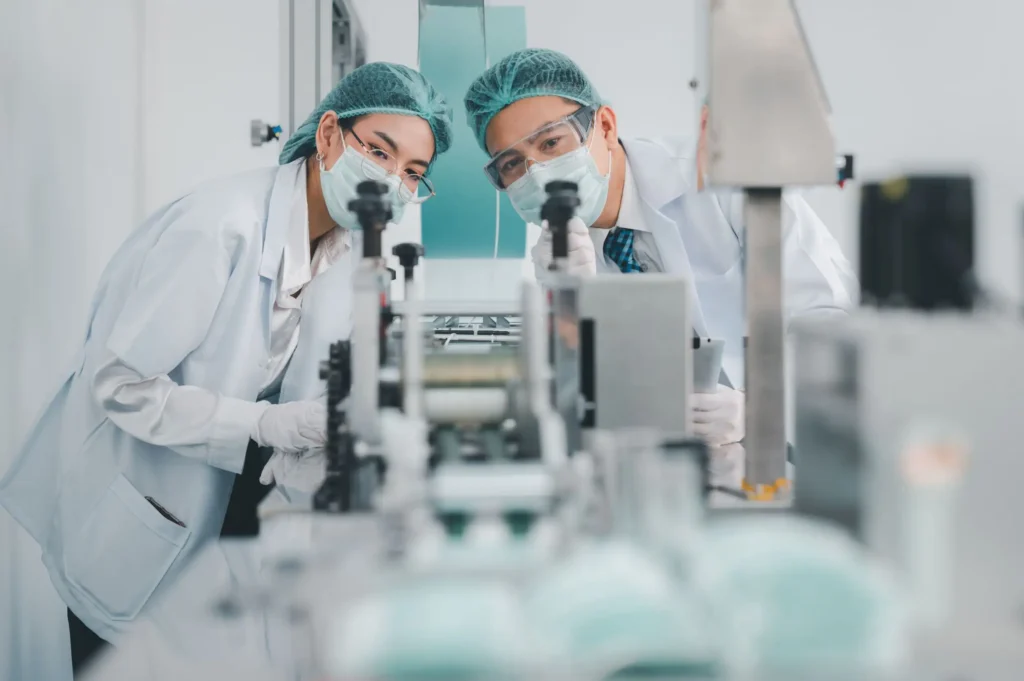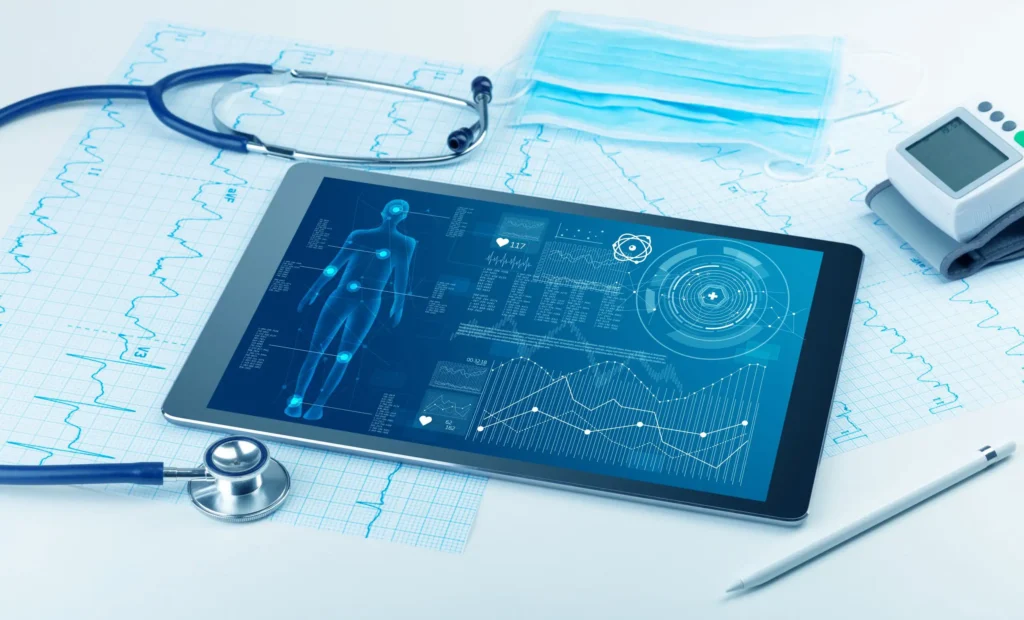
Bio Break: Laboratory Developed Tests vs. In Vitro Diagnostics
In this episode of Bio Break, Joris van der Heijden and Nick Allan dive into the FDA’s new regulations surrounding Laboratory Developed Tests (LDTs) and their impact on the medical device industry. As LDTs grow in complexity, including applications like genetic testing and AI-driven diagnostics, these regulatory changes mark a significant shift for laboratories, developers, and healthcare providers.
Nick, drawing on his experience with medical device development, explains the critical distinctions between LDTs and In Vitro Diagnostics (IVDs). He provides insights into why these changes are happening and what they mean for developers working to bring innovative diagnostic tools to market.
Key takeaways from the episode include:
- Understanding the Difference: LDTs are clinically validated tests performed in CLIA-approved labs but do not require FDA regulatory clearance, unlike IVDs, which are classified as medical devices.
- The Shift in Regulation: The FDA is transitioning from selective enforcement to increased scrutiny due to the growing complexity and impact of LDTs, such as cancer diagnostics and genetic testing.
- Implications for Developers: Nick explores how the new regulations add layers of oversight but also improve the safety, accuracy, and reliability of tests with far-reaching implications for patient care.
Joris and Nick discuss the broader industry impacts, including the challenges and opportunities presented by these regulatory changes. While some pushback is expected, they highlight how these steps are ultimately beneficial for innovation and patient outcomes, ensuring that advanced diagnostics meet higher standards of clinical utility and reliability.
This episode is essential viewing for medical device developers, diagnostic innovators, and healthcare professionals navigating the evolving regulatory landscape. Gain a clear understanding of how the FDA’s increased involvement in LDTs is shaping the future of diagnostics and how to stay ahead in this rapidly changing environment.
Laboratory Developed Tests vs. In Vitro Diagnostics
Read our article on the impact of FDA Laboratory Developed Tests 2024 Policy update to its regulatory approach for in vitro diagnostic products (IVDs), including laboratory developed tests (LDTs).
Related Resources

The FDA agentic AI is making headlines after the agency announced its own internal AI review tool. In this episode of MedDevice by Design, Ariana and Mark discuss what this could mean for medical device submissions and regulatory efficiency.

The sandwich ELISA assay is one of the most common ELISA formats used in diagnostics. Nick and Nigel walk through the method step by step using simple visuals and plain language.

For manufacturers of novel devices that can make a significant impact to patient health, the goal of the program is to offer a path to streamlined and potentially faster market entry without sacrificing the rigour around ensuring safety and performance.

When I was starting out in medical devices, the discussion focused on the possibility of an internet of things and the promise of “big data” about everything.
